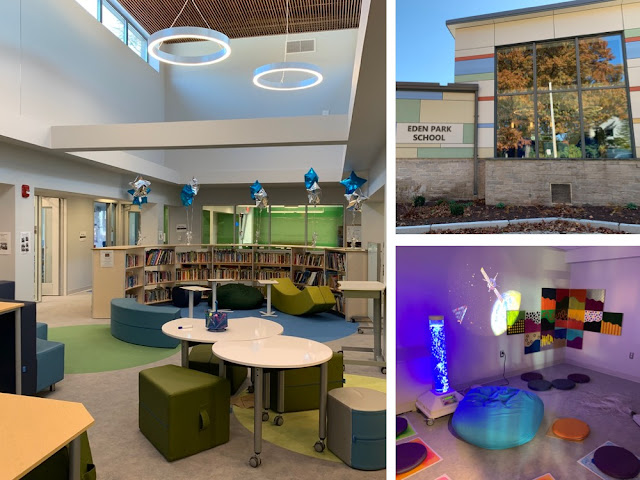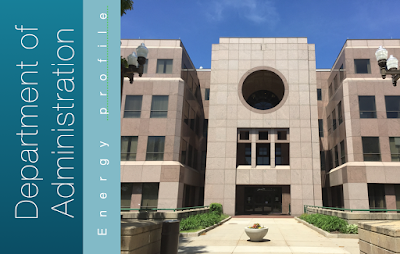Clean Energy Internship Program ends successful first season

This summer, the Rhode Island Office of Energy Resources and the Commerce Corporation placed seven interns with six companies via the Clean Energy Internship Program. Funded by the Renewable Energy Fund, this program provided these young professionals with the opportunity to work with a clean energy company to gain experience in their fields.
One of those interns is Luke Phaneuf, who joined EcoMetric Consulting in Providence. EcoMetric provides energy conservation and efficiency consulting for utilities and government agencies. Specifically, the company designs, implements and evaluates these conservation measures to help its clients save money and reduce energy usage.
Luke graduated from the University of Rhode Island with a degree in environmental and natural resource economics with a focus on green markets and sustainability. He started with EcoMetric’s Providence-based team at the beginning of the summer.
“When I entered the internship program, I had an open-ended interest in the renewable energy industry and net metering,” said Luke. “At EcoMetric, I gained experience in energy auditing, software tools, and making calculations to learn about a facility’s savings based on the energy efficiency improvements they’ve made to their facility. I also learned about the consulting side of the business as well as how to conduct a post-construction analysis. I came away with more knowledge of how the renewable energy industry works and the important services companies like EcoMetric provide.”
The companies that participated in the Clean Energy Internship Program have found it to be rewarding as well.
“At EcoMetric, we’ve had interns before, but we loved the idea of having a sponsored internship position,” said Salil Gogte, CEO of EcoMetric. “It’s a great way to build a young professional’s capabilities and get candidates connected with employers. Luke came in wanting to find the right direction in the growing clean energy economy, and we helped him gain national experience working with clients across the country.”
For each paid internship, the participating companies received reimbursement for up to $12 an hour for up to 40 hours a week during the 12-week summer internship, though several companies opted to pay their interns more.
Luke plans to take some time to travel over the next few months before looking for his first full-time job, but he is interested in exploring new possibilities in the residential energy efficiency sector.
The Clean Energy Internship Program will be opened again next summer.










